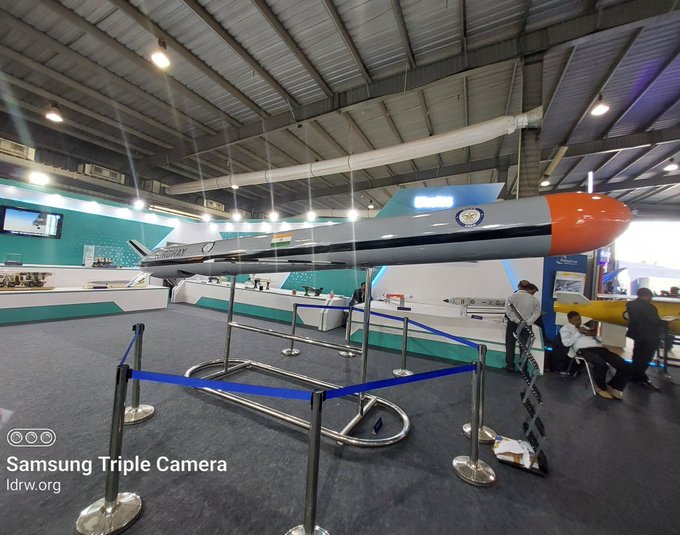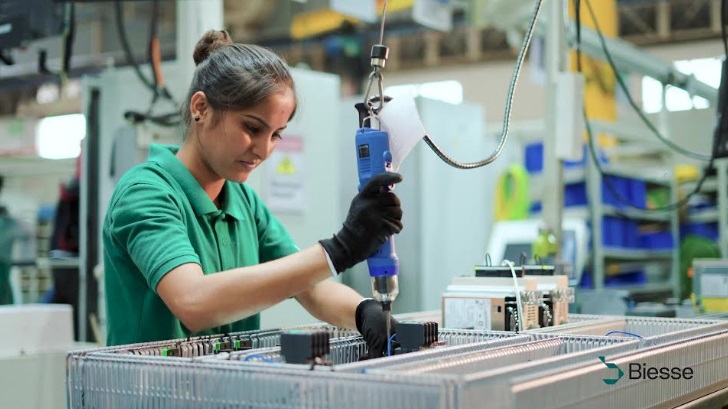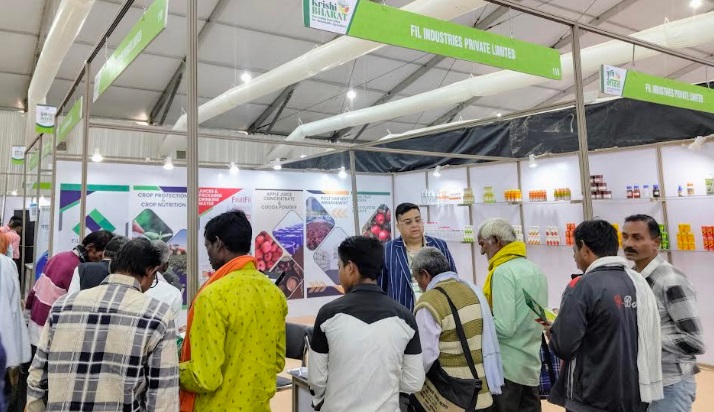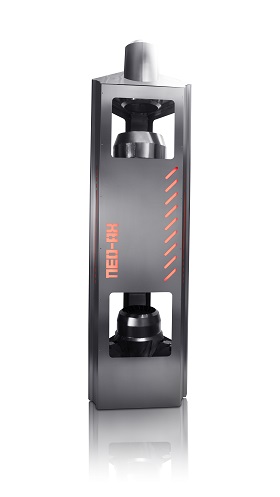India’s quest for self-reliance in defence technology is gaining momentum, with significant advancements in its Indigenous Technology Cruise Missile (ITCM) program. Recent successful trials of the land-based variant from a truck-mounted launcher demonstrate progress towards a robust cruise missile arsenal.
Following the successful validation of the Submarine-Launched Cruise Missile (SLCM) from submerged platforms last year, India has now validated the land-based ITCM system. This critical milestone signifies the operational readiness of the land-attack variant.
Sources close to the program have confirmed on idrw.org that the next focus is on the air-launched variant of the ITCM. This crucial development is expected to take place in 2025, with potential test launches from Sukhoi-30 MKI fighter jets.
The air-launched ITCM, estimated to weigh around 1300 kg without its booster, promises to significantly enhance the Indian Air Force’s (IAF) air combat capabilities.
Compared to conventionally launched bombs and missiles, the air-launched ITCM offers a longer standoff range, allowing the IAF to engage targets from a safer distance, minimizing threats from enemy air defences.
The ITCM’s advanced guidance system is expected to deliver high-precision strikes against ground-based targets located up to 1000 km away. The integration of air-launched cruise missiles equips the IAF with greater strategic flexibility, enabling them to launch long-range attacks from various aerial platforms.
The successful development and integration of the air-launched ITCM will be a game-changer for the IAF. It will bolster India’s offensive capabilities, deter potential adversaries, and solidify its position as a regional power.
Read Also: India’s fourth-largest military spender, overall global spending accelerates SIPRI Report.
















Reader Interactions